Automated Fuel Management Products
Future Proof Fuel Management
Our extensible framework ensures our Fuel Management System is compatible with future advancements and rapidly developing technologies for the subsequent years.
IoT Fuel Control Terminal

Automated fuel management systems have revolutionized the way businesses manage their fuel consumption. With the introduction of the IoT Fuel Control Terminal (FCT), fleet managers now have a comprehensive solution to managing and controlling fueling activities remotely.
Because it’s always connected, the IoT FCT allows fleet managers to use Fuel View software to remotely authorize fueling for any vehicle or driver and even control the fuel type and quantity.
The FCT interfaces with gasoline, diesel, CNG, propane, and any other fuel and vehicle fluid dispensing device, as well as electric vehicle charging stations. Each FCT can control up to 10 hoses in any combination of product – including EV chargers. FCTs also provide exceptional versatility and convenience in transit bays for vehicle fluids and lubricants accessed through a single point.
Internal Backup Power
Ensure continuous pump access even during power outages. The automated fuel management systems database securely stores transactions automatically transmitted once power is restored.
Automatic Updates
Keep your FCT up to date effortlessly. Choose between instant or user-controlled update timing, ensuring your system always has the latest software version without any disruption to fueling operations.
REST-Based API
Streamline database functions using a minimal amount of Wi-Fi bandwidth. The FCT’s REST-based API supports essential operations like creating, reading, updating, and deleting records.
Hose Module DA
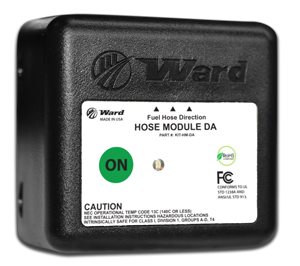
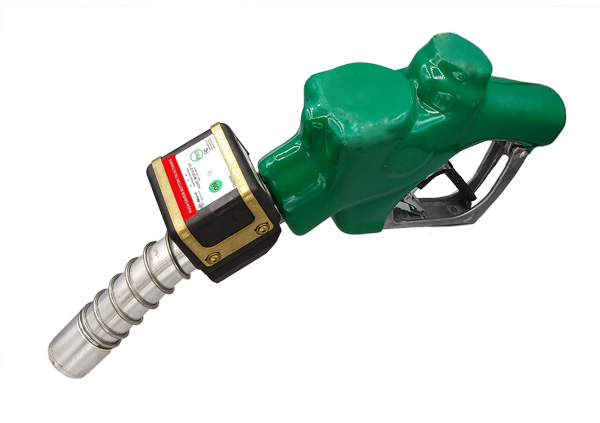
The Hose Module DA, equipped with dual antennas, is seamlessly attached to the fuel nozzle. It reads data from a Fuel Tag installed on any fuel-consuming asset while ensuring secure and authorized fueling.
With the Hose Module’s user-friendly operation, drivers can easily approach the fuel dispenser, remove the nozzle from its cradle, insert it into the vehicle’s filler neck, and press the ON button. Once activated, the Hose Module securely transmits the asset’s data to the ward fuel control terminal using encrypted 2.4 GHz wireless communication for authorization.
When the Hose Module is disconnected from the filler neck, communication with the fuel tag is instantly severed, causing the pump to shut off and effectively terminating the transaction.
Fuel Tag
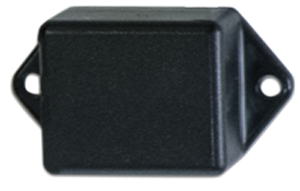

The Fuel Tag communicates with the Hose Module to initiate fueling. Easily programmed, its unique ID ensures that only specified assets can initiate fueling and receive the correct fuel type and volume.
A small electromagnetic antenna sealed inside the plastic enclosure provides reliable, short-range communication for controlling access to fuel pumps. Installed next to the filler neck, industrial-grade plastic withstands the harshest environments. Fuel Tags may also be mounted on hand-held assets such as lawnmowers, weed eaters, and gas cans as well as other small liquid containers.
When equipped with the Hose Module, Fuel Tags are compatible via RT with Ward CANceivers and FCTs for the most comprehensive, protected solution available.
Using VIN Management for More Efficient Fleets
Using telematics to record Vehicle Identification Numbers (VINs) provides fleet managers with crucial data for each vehicle’s status, fuel consumption, maintenance record, history, and location. This information enables efficient fleet management and ensures proper maintenance to maximize fuel efficiency.
By utilizing VIN management through automated fuel management systems, fleet managers can efficiently oversee fleet operations, ensuring proper maintenance and maximizing fuel efficiency.
IoT CANceiver
The Versatile CANceiver is the Only All-in-One Automated Fuel Access and Comprehensive Telematics Device
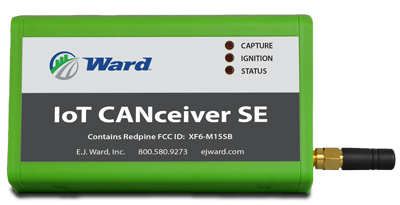
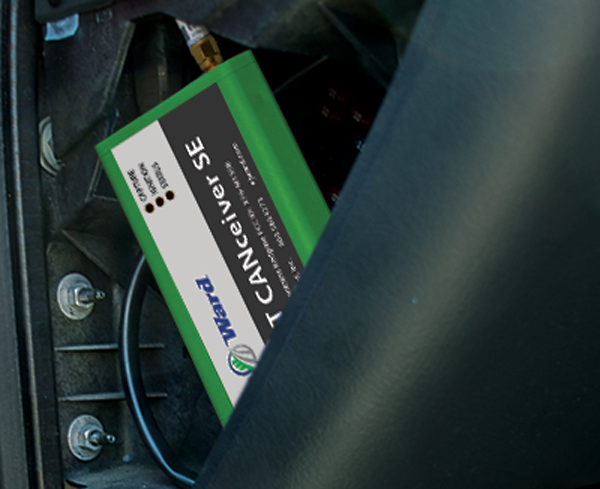
The IoT CANceiver SE fully automates fuel access, vehicle tracking, and driver performance monitoring through a single non intrusive device. The flexibility of the CANceiver allows user-level customization, capturing only the features you need to manage your fleet today and easily expands functionality to meet future requirements.
CANceiver collects driver behavior and vehicle status information and with communication options transfers the data to Fuel View software, enabling fleet managers to analyze crucial data to in order to reduce fuel consumption and improve driver habits, creating the most efficient fleet possible.
The CANceiver offers a broad suite of communication protocols to meet the product demand of IEEE 802.1X compatibility.
Tag Master – Vehicle ID and Fuel Management
Tag Master is is fully integrated with SimplyFuel Solutions fuel management solution.

RFID UHF Reader
The XT-1 “all-in-one” RFID UHF Reader, with an integrated circular, polarized antenna and controller, is prepared for outdoor use in all weather conditions. It is ideal for applications with an existing access control solution in demanding environments that require a more cost effective Reader and Tag solution.
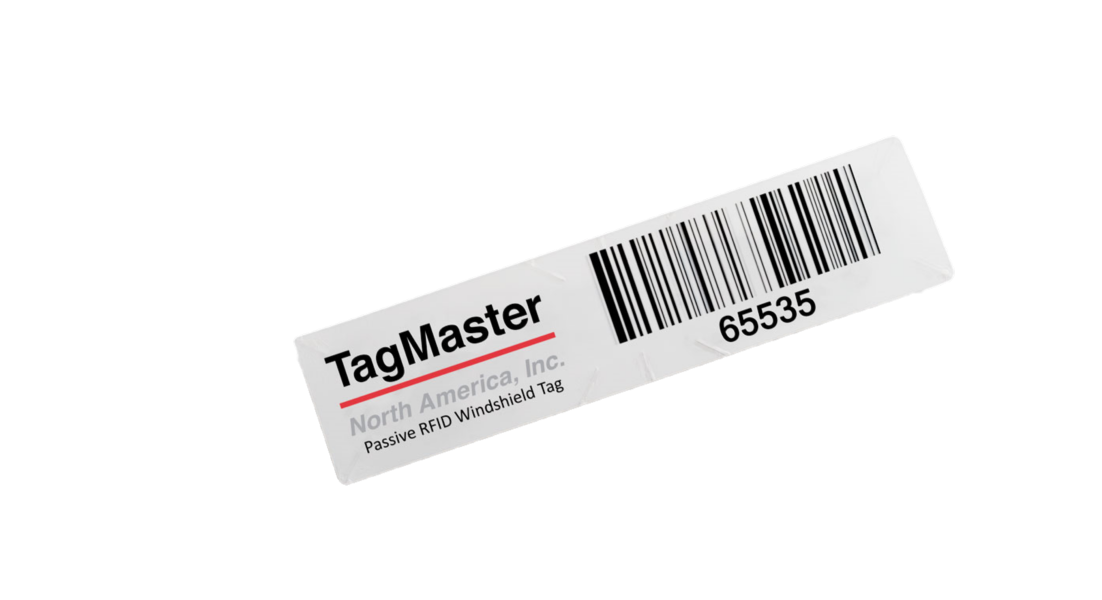
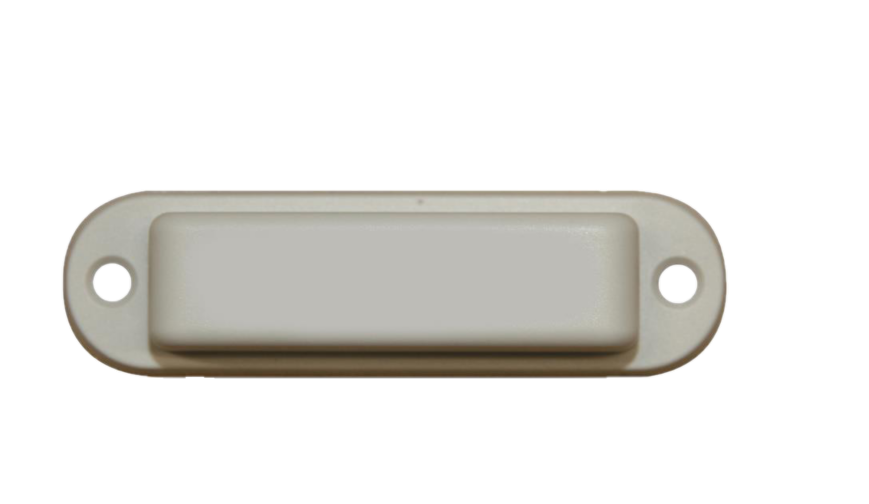
Windshield Tag
The Passive Windshield Tag provides convenient, hands-free vehicle access in an economical format. It is a tamper-proof solution that works well for applications requiring a high volume of non-transferable tags or for those seeking a more cost-efficient option. The Tag is affixed directly onto a vehicle’s windshield, making it suitable for applications requiring visual or long-range identification.
Heavy Duty Tag
The Heavy Duty Passive UHF Tag is perfect for outdoor use in extreme conditions and on vehicles with UV-coated windshields. It significantly improves data collection speed and accuracy in logistics applications, making tracking more cost-effective. The Tag enables anti-collision functionality, fast data-rate communication, and password data protection. With a 512-bit read/write memory, each tag can be easily updated for precise and reliable reading.
Improving Driver Habits and Lowering Fuel Costs
Odometer Recording
Odometer recording is a crucial aspect of automated fuel management systems. By keeping track of odometers, fleet managers can effectively monitor factors like miles per gallon (MGP) and maintenance schedules and prevent gas loss. This information helps maintain a healthy and cost-effective fleet.
Waste Idle Time
Idle time is a major contributor to wasted gas and avoidable pollution. Understanding waste-idle time and implementing strategies to reduce it can lead to significant fuel savings. Learn more about identifying and minimizing idle time to optimize fuel efficiency.
Harsh Breaking
Harsh braking causes premature wear on brakes, tires, and engine parts and poses a safety risk due to driver distraction. Efficiently tracking braking patterns allows fleet managers to improve driver habits and promote safer driving practices.
Rapid Acceleration
Rapid acceleration burns more fuel and puts strain on the vehicle’s engine. Drivers who heavily rely on the gas pedal not only waste fuel but can also cause loads to shift, potentially damaging the cargo. Monitoring acceleration helps mitigate these issues and encourages fuel-efficient driving.
Passive GPS
Managing remote teams and collecting data on trip routes and accurate vehicle locations can lead to significant fuel savings and better driver performance. By tracking vehicle or asset location, fleet managers can optimize routes, prevent theft, and even secure insurance discounts.


